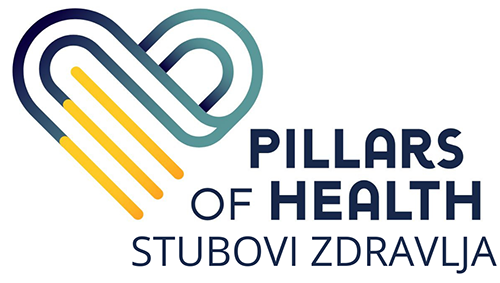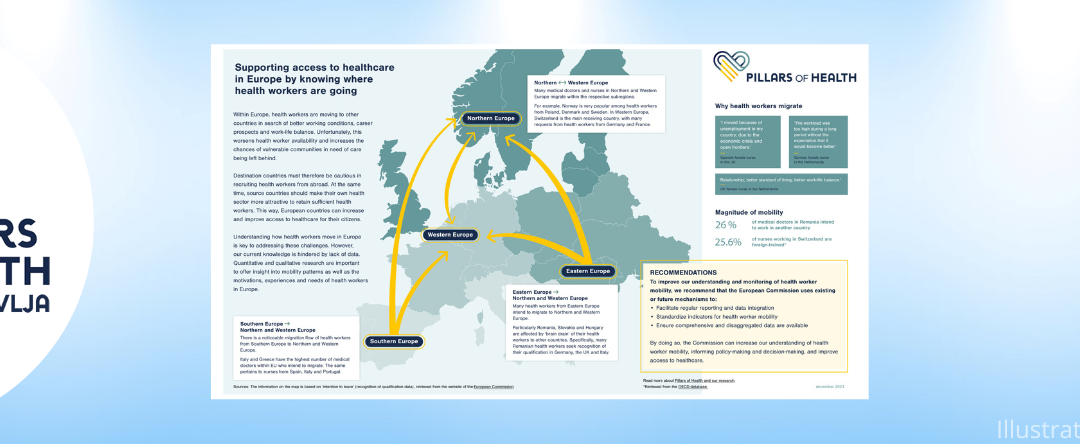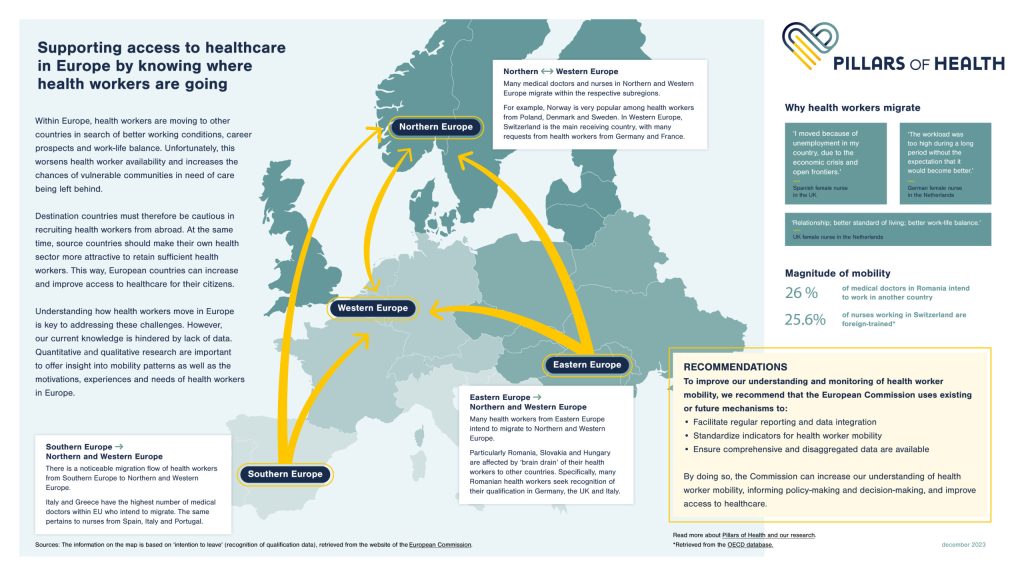
Think before Click
UNESCO produced visuals, graphics, and social media messages to counter disinformation, fight discrimination, and promote best practices.

The World Health Organization (WHO) has denounced the “massive infodemic” of disinformation and misinformation swirling amidst the COVID-19 pandemic as a driver of the crisis itself. In the current context, the impact of dis- and misinformation are potentially deadlier, and responses are at once more urgent and hold the promise of providing long-lasting effects.
At the outbreak of the COVID-19 pandemic, UNESCO produced visuals, graphics, and social media messages to counter disinformation, fight discrimination, and promote best practices. Together, we can build more media literate and tolerant societies, and share verified information during the current crisis.
All these resources are open-access and free to be used, downloaded, and shared!







